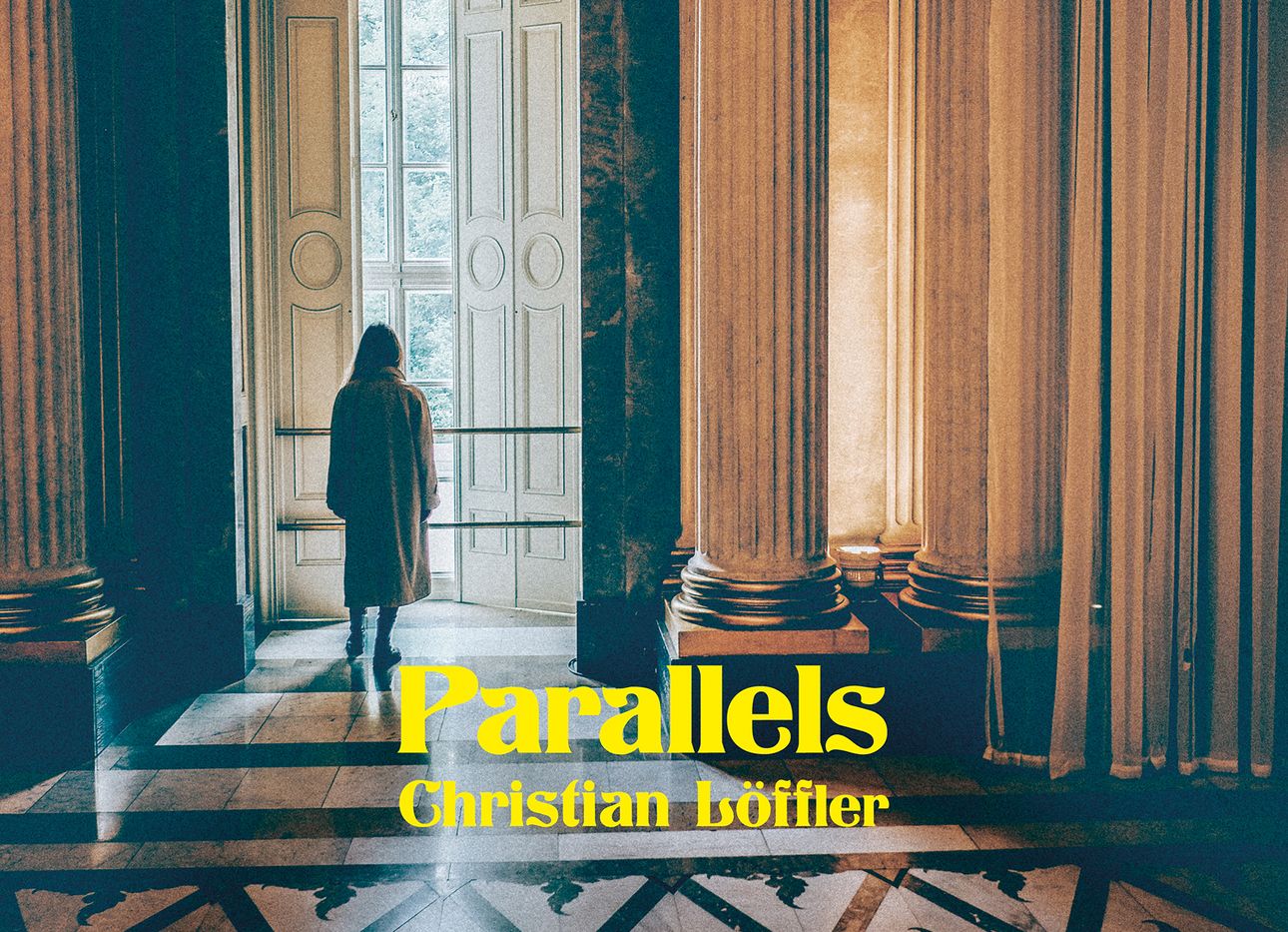
Symphonic Masterpieces in Better-Than-Ever Fidelity, Mixed by a German D.J.
Over the past decade, German D.J. and producer Christian Löffler has enjoyed a growing audience for his distinct blend of beats and melancholy. But Löffler’s recent project—interpreting work by legendary classical composers—may bring him a new level of attention.
The Berlin-based music label Deutsche Grammophon, home to one of the world’s oldest sound archives, tapped Löffler to create songs using tracks from its ongoing Shellac Project, in which a selection of the company’s recordings made on shellac discs (commonly known as 78s, the principal format for record-making for the first half of the 20th century) are digitized in collaboration with Google Arts & Culture. The process takes place in two parts: First, a song is played on its “metal master,” a metal disc etched with the original transcriptions of a musical performance from which subsequent shellac discs are pressed, and recorded as an audio file. It’s then reviewed by an engineer, who digitally removes any clicks and extraneous noises, and uses an equalizer to shape and sculpt the sound. The result: Some of the world’s best-known symphonic works get brought to life with better-than-ever fidelity.
After digesting the material, Löffler released an electronica tribute to Beethoven last November, and earlier this year, debuted Parallels, an album featuring tracks drawing from Wagner’s opera Parsifal (1882), Chopin’s nocturnes (1827–1846), and Beethoven’s Symphony No. 6 (1808). Because Löffler’s songs were made using the classical works’ primary sources (rather than a “copy” of the audio, as heard on a record), a heightened level of audible richness and intimacy infuses each track. “Christian took the recordings, with all of their original sounds and ambiance, as the starting point [for his interpretations],” says Sanne-Marije Aartsen, a senior production manager at Deutsche Grammophon who worked on the project. “This way of integrating not just Beethoven, Bach, or Bizet, but the full recording tradition [of 78s], transports this music into the twenty-first century. It’s how we came to the title Parallels: three timelines of composing, recording, and reworking the music unfold simultaneously.”